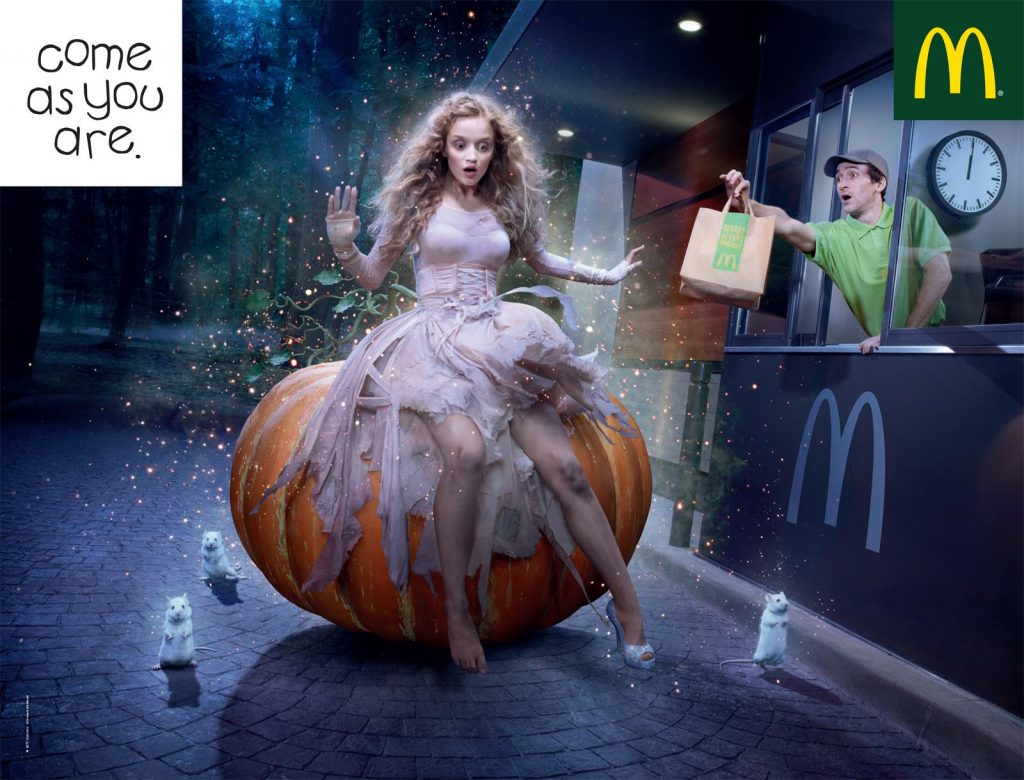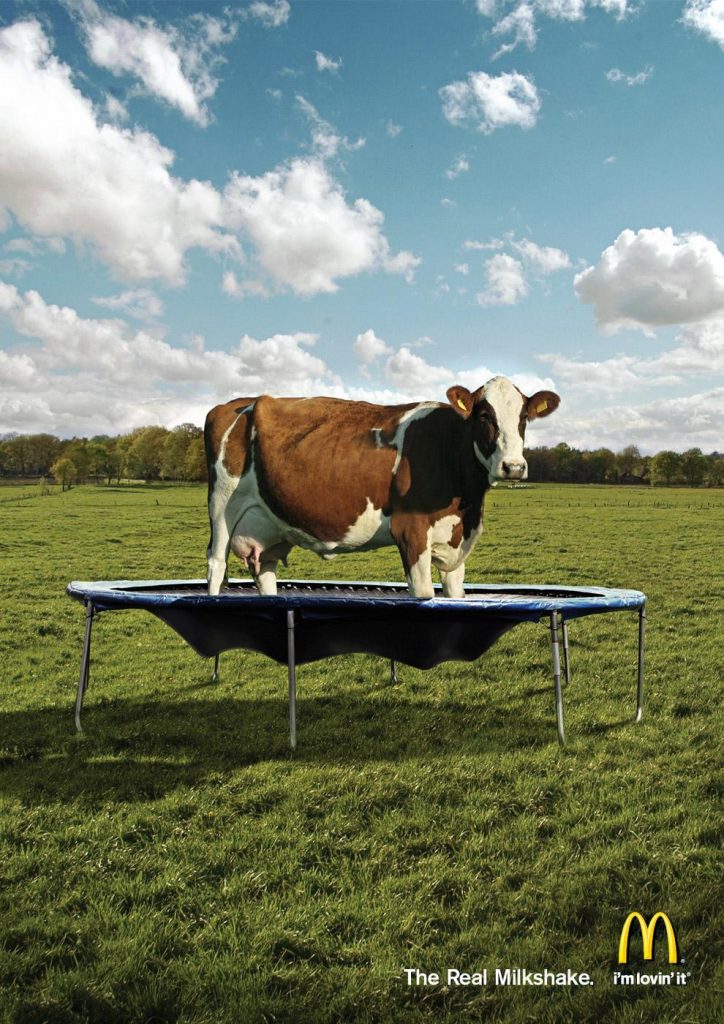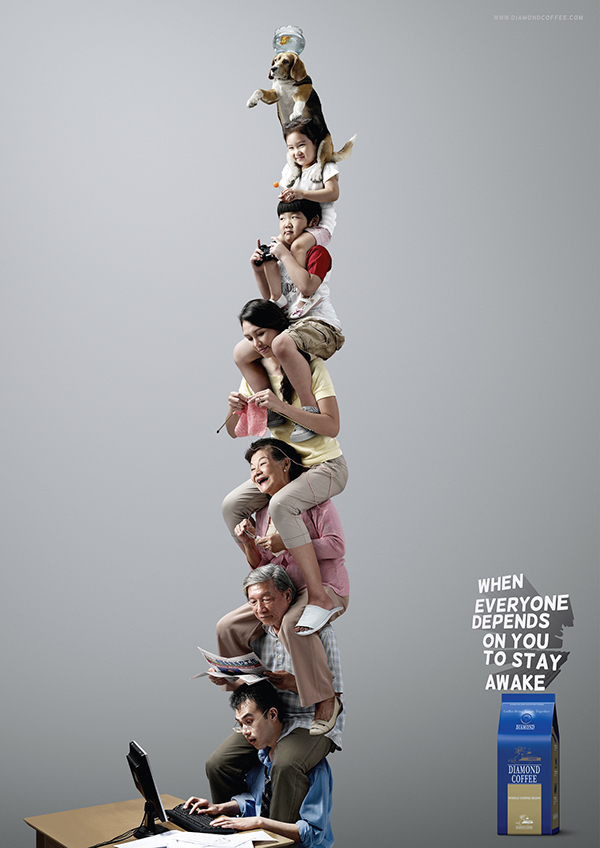Humour is a powerful thing
The very focus of making some laugh can create a much closer bond to the person you’re speaking to, either directly or via another media, such as a brochure, a social media post, an article, or an image.
Think about an instance in the past when you’ve read something online or in a magazine which has made you smile, perhaps even laugh aloud. Did that experience remain in your head? It probably did, and you might even have gone on to tell your friends or family about it, “hey, I read this article today …” The power of humour is strong, and it is one of the most useful tools you can use in your advertising strategy.
We remember things which make us laugh, we remember things which make us smile. We’re also much more likely to buy a product or service which has a positive emotion attached to it, such as joy, humour, laughter, etc. You’ll remember that article or post which made you laugh as you’re walking around the supermarket, and you’ll probably search out the product it was related to. Humour fires a certain part of our brain, and keeps it in the memory bank. Who knows, that might even be enough to push someone to make a purchase.
If you’re putting together your latest advertising campaign, and you’re looking for a new hook, a strategy to take your advertising up a notch, humour could be your go-to tool. Let’s explore why humour is so powerful in advertising.
 Source: https://www.adsoftheworld.com/media/print/rowenta_duck
Source: https://www.adsoftheworld.com/media/print/rowenta_duck
Humour makes a personal connection with your target audience
When someone or something makes us laugh, for that brief moment we build a personal bond with them or it. The emotion of joy or humour is a very strong one, and by using humour to reach out to your audience, you’re creating a much more personal connection. This builds trust, and in advertising, trust is everything. You want your audience to know that if they buy your goods or services, they’ll get quality, and that as a company you’ll be reliable. A personal connection really helps that along.
Humour also tells the audience that you’re approachable, you’re human, and you’re there to help if something goes wrong.
 Source: https://www.adsoftheworld.com/media/print/mcdonalds_cinderella
Source: https://www.adsoftheworld.com/media/print/mcdonalds_cinderella
Humour knocks down barriers
The very process of making someone laugh keeps the playing field between you and them very level, and knocks down any barriers that might have been built up. For instance, if you’re selling a product which is quite serious, a slight bit of ironic humour is enough to knock down that barrier and make it more sellable, more marketable to mere mortals. The same can be said for any product which is perhaps a little sensitive, perhaps a little embarrassing; humour takes away that feeling and replaces it with one which says ‘we’re all in this together’.
 Source: https://www.adsoftheworld.com/media/print/mcdonalds_the_real_milkshake
Source: https://www.adsoftheworld.com/media/print/mcdonalds_the_real_milkshake
Humour is a positive emotion
We like to remember things which are positive, because it’s much more fun than remembering anything negative! As a result, a humorous advertising campaign is much more likely to stick in the mind of a potential customer, compared to one which doesn’t raise any kind of emotion at all. Whenever your advertisement comes on, another smile will be raised, and this will lead that person to perhaps seek out your product or service and make a purchase as a result of that positive reaction.
Humour holds the attention, because we all love to laugh. You need people to sit up and take notice of your advertisement, and humour is the very best way to achieve that aim.

Source: https://www.behance.net/gallery/3695139/Diamond-Coffee
Humour will create a word of mouth snowball effect
We love to tell our friends and family about things that made us laugh. Think about when you’re scrolling through Facebook, and you see a post which makes you laugh aloud, you share it, right? The same can be said for an advertisement campaign which has humour as its centrepiece. People will take about it over lunch, they’ll send links to their friends, and if it is on social media (highly advisable), it will go viral from the amount of shares it gets.
Never underestimate the power of the old fashioned marketing strategies. Word of mouth still works today, and whilst we tend to communicate more via the Internet and messaging apps, the same theory applies. A print advertisement will also get people talking in a coffee shop or a hairdressing salon too, laughing over a cup of coffee. This is the power of humour once more.
 Source: https://www.adforum.com/creative-work/ad/player/34458913/dinosaur/panasonic
Source: https://www.adforum.com/creative-work/ad/player/34458913/dinosaur/panasonic
Ensuring you get the right level of humour
Of course, you need to make sure that you get the right level of humour, and the right kind. We live in sensitive times, so it’s a good idea to avoid anything which could cause offence, and stay on the line of being PC. Having said that, being a little ironic or perhaps borderline controversial is a great way to grab attention, provided it isn’t controversial in the wrong way! For this reason, knowing your target market, and knowing what they like, dislike, and what makes them tick, is vital. Avoid any subjects which are particularly sensitive.
If you get your humour level wrong, or you somehow manage to offend a group of people without intending to, you’re running the risk of disaster. Look at the Pepsi advert with Kendall Jenner last year. That advert intended to raise awareness and make people smile, but it completely backfired because the right amount of research and mindfulness wasn’t applied.
Provided you get the balance right, humour is a hugely powerful tool in advertising. Whether you go down the route of slapstick comedy, an ironic one-liner, or an image which raises eyebrows and makes people chuckle is totally down to your product or service and the market you’re aiming for. However you manage to achieve it, you will no doubt find that humour will be a fantastic advertisement strategy to adopt, both now and in the future.

